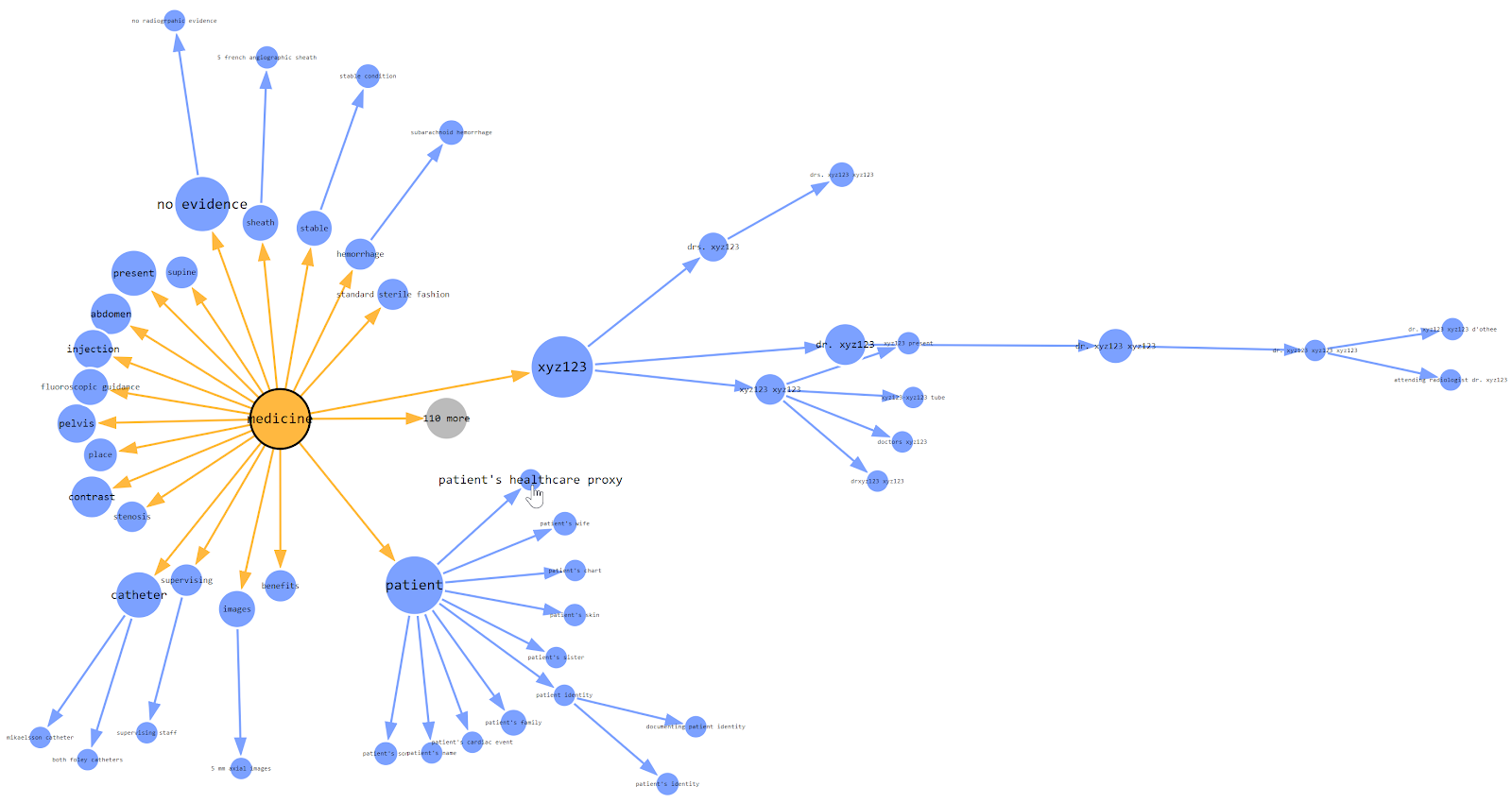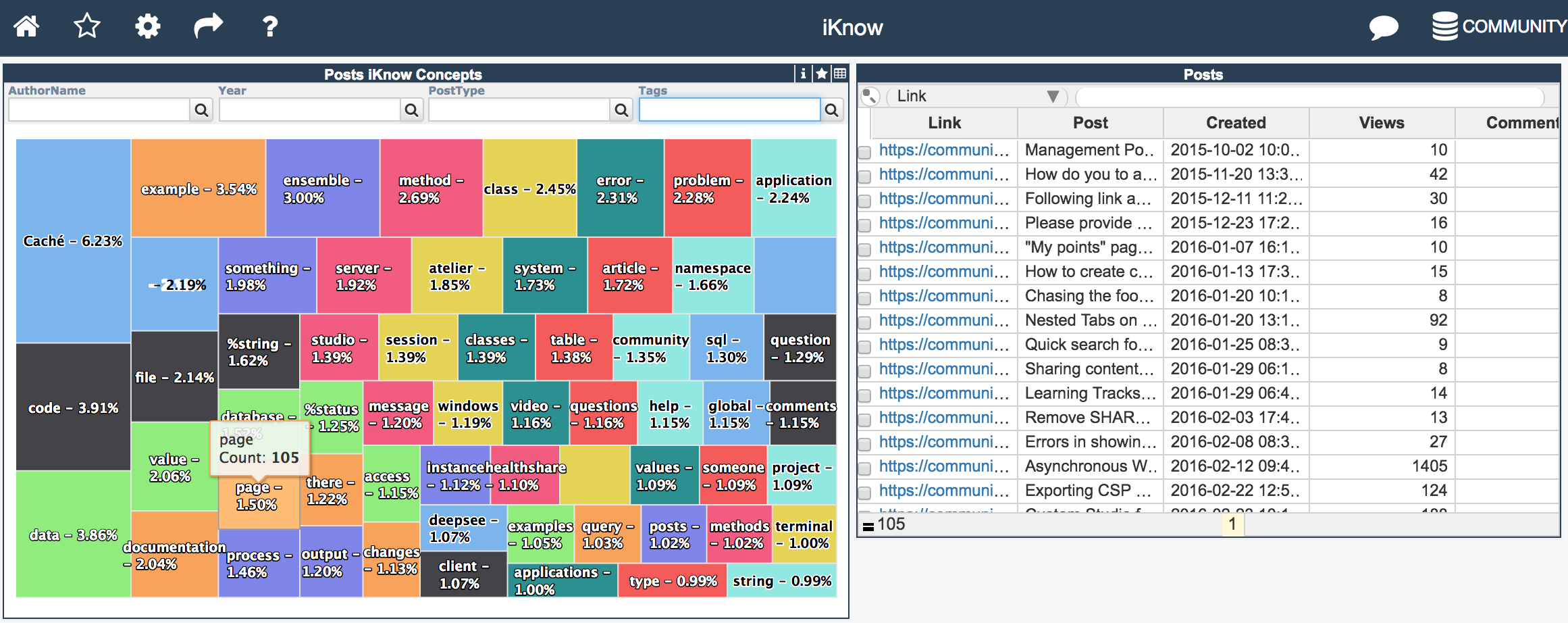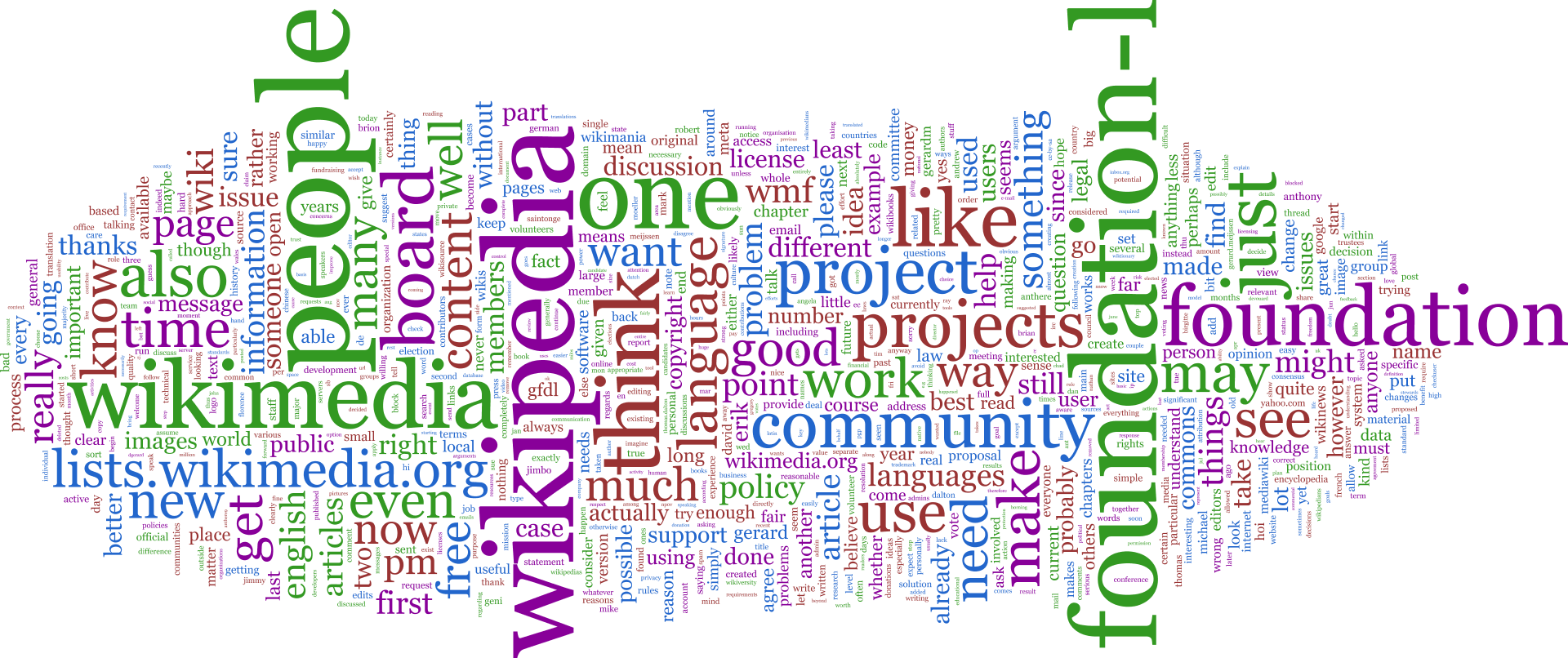
The InterSystems DBMS has a built-in technology for working with non-structured data called iKnow and a full-text search technology called iFind. We decided to take a dive into both and make something useful. As the result, we have DocSearch — a web application for searching in InterSystems documentation using iKnow and iFind.




